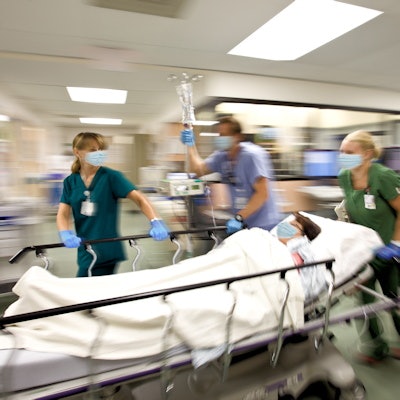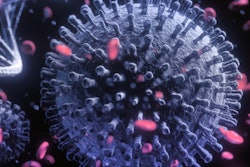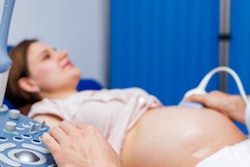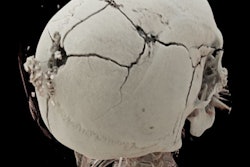
Have patients with emergent conditions avoided the hospital because of the COVID-19 pandemic? A new study from England has found a 35% lower rate of accident and emergency (A&E) department visits early in the pandemic, which may have contributed to hundreds of avoidable deaths, according to published on 21 December in Circulation.
A team of University College London (UCL) researchers estimated the effect of reduced A&E visits for suspected cardiac disease on non-COVID-19 deaths in the early months of the pandemic. The team estimated there were 2,750 fewer A&E visits for suspected cardiac disease between 12 March and 15 April in England -- a 35% decrease compared with the pre-pandemic period.
The resulting analysis showed one death could have been prevented for every 12 fewer visits for cardiac disease. This amounted to as many as 232 additional deaths each week from unaddressed urgent heart problems during the initial phase of the pandemic.
The study had a number of limitations, including that the team couldn't adjust for confounding factors, such as increased stress and anxiety, that may have impacted the likelihood of a cardiac event. They also couldn't guarantee deaths weren't related to COVID-19 since infection was ruled out through clinical evaluation and not testing.
Still, senior author Dr. Tom Lumbers worried that the findings illustrate COVID-19 led to undertreatment of urgent heart conditions and other diseases, contributing to a spike in mortality.
"These results provide evidence of the stark indirect effects of the COVID-19 pandemic on mortality in England," stated Lumbers, an innovation fellow at the UCL Institute of Health Informatics, in a press release. "There is a need to better understand how the pandemic response resulted in a decline in attendance to [A&E departments] with suspected cardiac disease and other serious medical conditions to inform future strategies to mitigate both the direct and indirect effects of the pandemic."



















